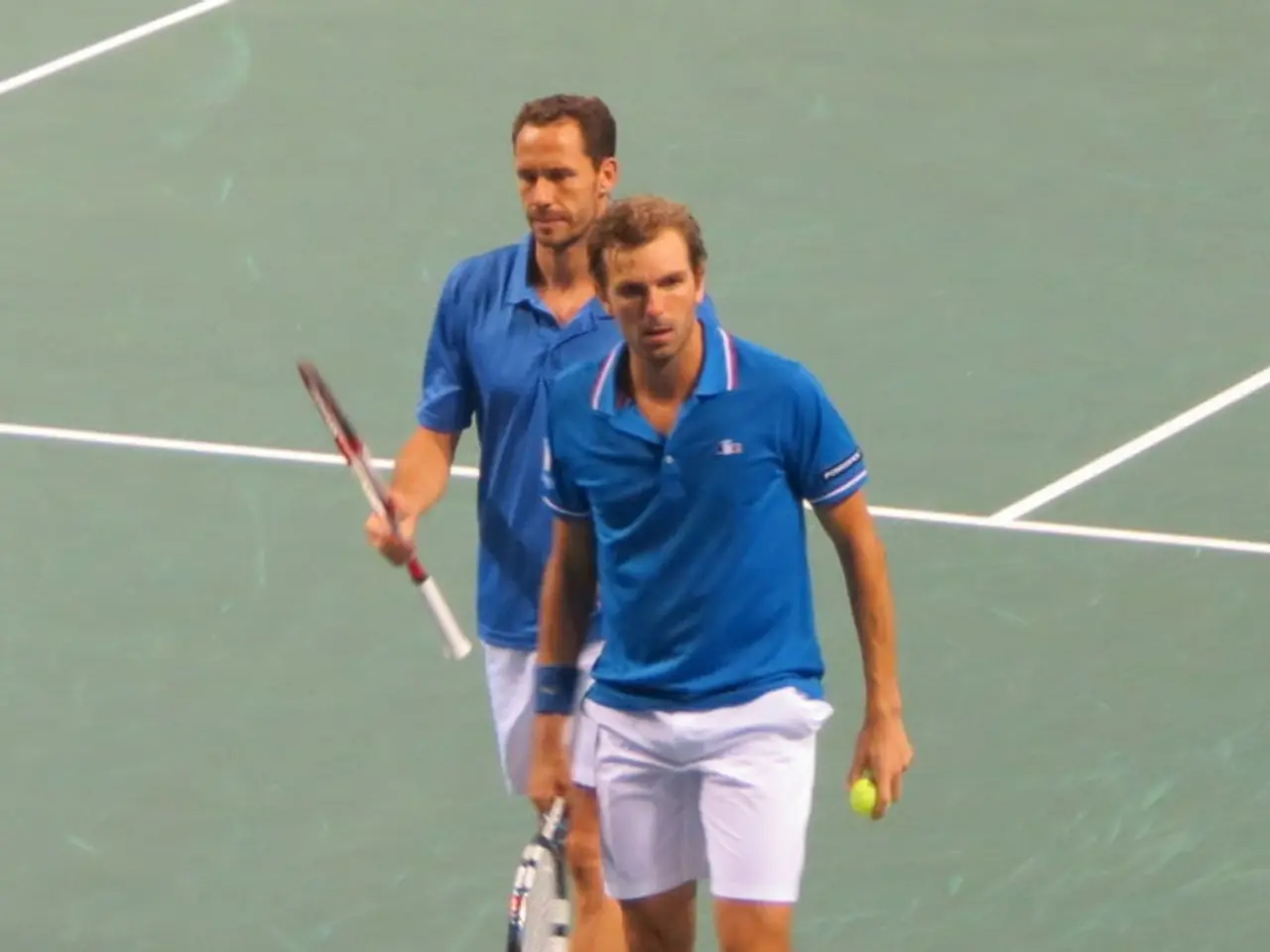"Crucial Decision Made": EU's Supreme Court Handles Contested Matter
The European Court of Justice (ECJ) has handed down a landmark ruling that could reshape the international sports justice system, particularly affecting the Court of Arbitration for Sport (CAS) and FIFA.
The ruling, which has far-reaching implications for the CAS, states that decisions by the sports court, particularly those linked to FIFA, must be subject to effective judicial review by national courts within EU member states to ensure compatibility with EU public order. This means that national courts can conduct an in-depth review of CAS awards, preventing these arbitration decisions from being unchallengeable and final without scrutiny under EU law.
The Belgian football club RFC Seraing, which has been in dispute with FIFA over the ban on third-party ownership for over ten years, is at the heart of this case. The club appealed to the Belgian courts, and thanks to the ECJ ruling, the dispute can now continue there.
The ECJ found that any national rules that endow CAS awards with the authority of res judicata (finality) to the extent of precluding further judicial review run counter to EU law. The Court emphasized that while recourse to arbitration is possible, when arbitration mechanisms (such as those imposed unilaterally by international sports bodies like FIFA) function within the EU, they must comply with the EU’s judicial framework and public policy standards.
This ruling safeguards athletes, clubs, and other individuals involved in sports-related economic activities within the EU, ensuring they have access to effective judicial protection beyond CAS decisions. It represents a significant limitation on the authority of sports governing bodies and their private arbitration systems to sidestep EU law by imposing arbitration in Switzerland alone, as Switzerland is not an EU member and its courts were previously seen as the final venue.
The ruling could have broad implications for the governance of international sports disputes by increasing judicial oversight and potentially challenging established FIFA and CAS rules that restrict third-party ownership or other regulatory frameworks.
The CAS, which has been deciding on disciplinary sanctions, transfer permits, and doping bans since 1984, has stated that sports judges already apply EU law "when necessary". However, the ECJ ruling opens the way for athletes to appeal to ordinary EU courts to review the compatibility of CAS arbitration awards with public order and fundamental legal principles of the European Union.
CAS General Director Matthieu Reeb assured that the CAS will continue to settle disputes worldwide promptly and competently. The International Olympic Committee also stated that it would carefully review the judgment.
It is important to note that the ECJ ruling does not mean the end of the CAS. Parties involved can only appeal to ordinary EU courts if fundamental EU rights are violated. The lawyers of the club stated that the ECJ judgment ended the procedural fraud used by international sports associations to circumvent the application of EU law.
Seraing questioned the independence of the CAS, as it is funded by international associations. The judgments of the sports court were largely final, with only the Swiss Federal Supreme Court able to overturn decisions based on procedural errors. However, the ECJ ruling significantly curtails the CAS, as national courts will now be able to thoroughly examine the compatibility of CAS arbitration awards with the basic rules of Union law.
The long-term impact of this ruling on the CAS remains to be seen. However, it is clear that this ruling marks a significant shift in the balance of power between international sports governing bodies and the EU legal system, providing a new avenue for athletes and clubs to challenge decisions they believe violate fundamental EU rights.
[1] European Court of Justice, Press Release, Case C-201/18 - RFC Seraing SA v Union Royale Belge des Sociétés de Football Associées ASBL, 17 December 2020. [2] European Court of Justice, Judgment, Case C-201/18 - RFC Seraing SA v Union Royale Belge des Sociétés de Football Associées ASBL, 17 December 2020. [3] European Court of Justice, Press Release, Case C-147/18 - Doyen Sports Invest SA v Union Royale Belge des Sociétés de Football Associées ASBL, 17 December 2020. [4] European Court of Justice, Judgment, Case C-147/18 - Doyen Sports Invest SA v Union Royale Belge des Sociétés de Football Associées ASBL, 17 December 2020. [5] European Court of Justice, Press Release, Case C-147/18 - Doyen Sports Invest SA v Union Royale Belge des Sociétés de Football Associées ASBL, 22 September 2020.
This ruling by the European Court of Justice (ECJ) has the potential to influence the sports justice system, particularly European leagues like LaLiga, by making CAS awards subject to review by national courts within EU member states. The ECJ's decision could lead to a more thorough examination of CAS arbitration decisions, ensuring compatibility with EU public order and fundamental legal principles.







